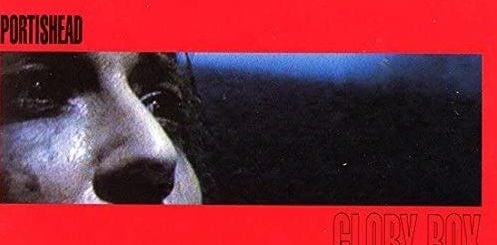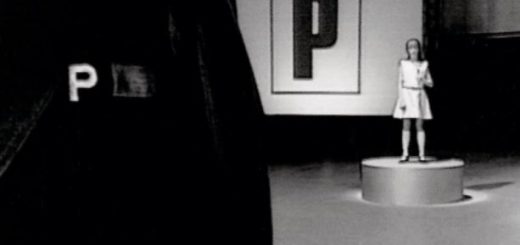Only You by Portishead Lyrics Meaning – An Ode to Vulnerability Amidst Illusory Battles
Lyrics
(Flip it like that)
(Flip it like that)
(Flip it like that)
We suffer everyday, what is it for?
These crimes of illusion are fooling us all
And now I am weary and I feel like I do
It’s only you
Who can tell me apart
And it’s only you
Who can turn my wooden heart
The size of our fight
It’s just a dream
We’ve crushed everything I can see
In this mourning selfishly
How we fell and I feel like I do
It’s only you
Who can tell me apart
And it’s only you
Who can turn my wooden heart
(Flip it like that)
(Flip it like that)
(Flip it like that)
(Flip- like-, flip- like-, flip-)
(Flip it like that)
Now that we’ve chosen to take all we can
This shade of autumn, a stale bitter end
Years of frustration lay down side by side
And It’s only you
Who can tell me apart
And it’s only you
Who can turn my wooden heart
It’s only you
Who can tell me apart
And it’s only you
Who can turn my wooden heart
Portishead’s 1997 hypnotic track ‘Only You’ delves deep into the fabric of struggle and the craving for genuine connection. It stands as a haunting voyage through the psyche, woven with the English band’s quintessential trip-hop beats and the heart-wrenching vocals of Beth Gibbons.
Through a tapestry of enigmatic soundscapes and poetic lyricism, ‘Only You’ captures the essence of human frailty against the battles we fight—both imagined and real. It’s a profound reflection on how we navigate the rough waters of life, seeking solace in another’s understanding.
The Struggle Interpreted Through Metaphor
Portishead masterfully employs the metaphor of ‘crimes of illusion’ to confront the facades we often battle. It reflects an existential fight against the deceptions of life—the mirages that lead to suffering.
The song’s narrative portrays this agony with an undercurrent of weariness, reminiscent of someone who’s been through countless mirages and yearns for something, or someone, real.
A Wooden Heart’s Transformation
The poignant refrain ‘It’s only you who can turn my wooden heart’ could be interpreted as the desire for human connection that brings life to a numb existence. The wooden heart is a symbol of desensitization, a defense against the constant disillusionments of life.
By suggesting that only ‘you’ can catalyze change in this wooden state, the lyrics highlight an intimate bond capable of transcending the unfeeling exterior, awakening genuine emotion.
The Hidden Meaning Behind ‘The Size of Our Fight’
‘The size of our fight’ implies the intensity of our internal and external struggles, yet dismisses them as ‘just a dream.’ This could indicate a realization that much of what we agonize over is ephemeral, an inconsequential figment in the grand scheme of things.
In describing the aftermath of these battles as a ‘mourning selfishly,’ Portishead suggests a self-inflicted sorrow over lost illusions, leading the protagonist to a state of reflection and, ultimately, revelation.
Evocative Imagery of Seasonal Change in Relationships
The ‘shade of autumn’ mentioned toward the song’s denouement brings forth rich imagery of transition and decay. As autumn heralds the end of life’s vibrancy, it mirrors the waning hope and vitality within the relationship the song’s narrator is addressing.
It paints a picture of seasoned weariness after years of frustration shared, capturing the poignancy of a connection that once was—or perhaps, that which could have been.
‘The Stale Bitter End’ – Lessons in Letting Go
‘Years of frustration lay down side by side’ is one of the song’s most memorable lines, offering a stark resolution to the drawn-out battles and disillusionment. These years, stretched out and resigned, speak to a profound sense of closure, or at least the acceptance of it.
It suggests a moment of laying down arms, of acknowledging that the fight might have been futile, but within that futility, there’s the quiet salvation of release and the potential for catharsis.








